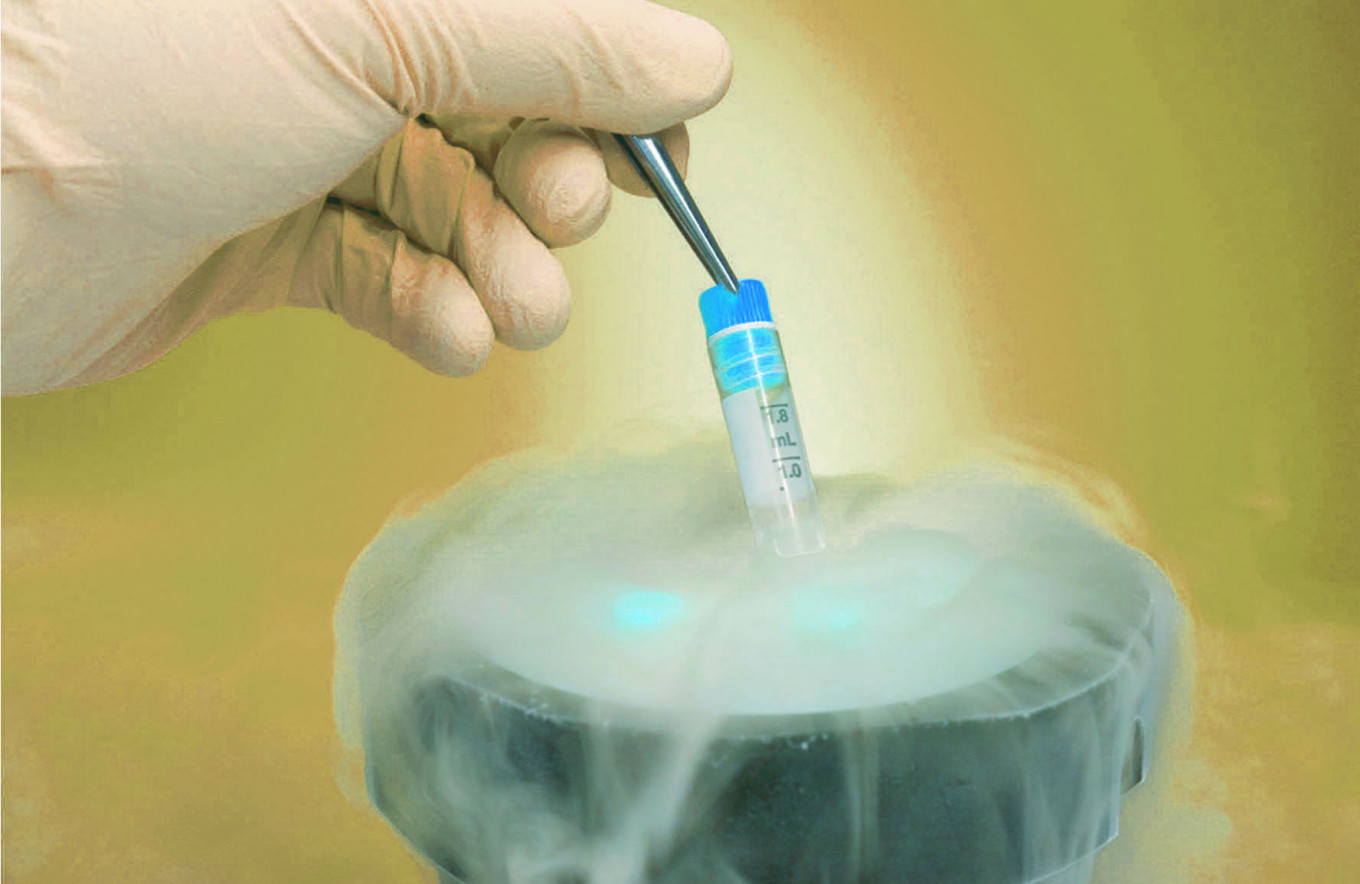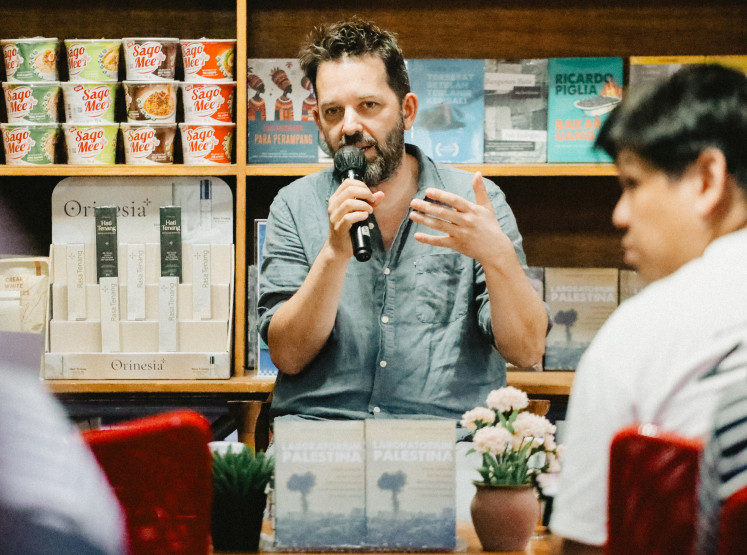Popular Reads
Top Results
Can't find what you're looking for?
View all search resultsPopular Reads
Top Results
Can't find what you're looking for?
View all search resultsA conversation about egg freezing in Indonesia
Egg freezing is no longer a concept associated with science fiction and has grown in popularity in the three decades since it was first discovered.
Change text size
Gift Premium Articles
to Anyone
E
gg freezing is no longer a concept associated with science fiction and has grown in popularity in the three decades since it was first discovered. The procedure is now gaining traction in Indonesia, with Morula IVF Indonesia (formerly the Morula Fertility Clinic) leading the trend as one of the largest fertility clinics in the country.
According to Dr. Batara Imanuel Sirait, head of Morula IVF Jakarta, more women are now choosing to delay starting a family.
“We are dealing with an urban phenomenon where society tends to delay marriage. Many women choose to do so because they are pursuing their studies or careers,” said Batara. “Egg freezing is not a new thing; it's a daily procedure at any IVF [in-vitro fertilization] clinic. So, we're not offering, we're making people aware of it instead.”
Some women, he explained, want to have children at a later age, which may lead them to freeze their eggs until a time in their lives when they are ready to have children. Others may struggle with a medical condition that accelerates the depletion of their eggs, such as ovarian cysts or cancer, so they may wish to preserve as many healthy eggs as possible for the future. Morula IVF offers its services for women in the latter category who need to freeze their eggs for medical reasons.
“Our question is: Is [the procedure] necessary? So, egg freezing is the same as other medical procedures. Of course, we only serve the women who are in need,” Batara said. “Every time someone comes for egg freezing, the first thing we have to do is indicate [how many eggs they have left]. We as doctors must also respect — there is such a thing as ‘patient autonomy’ where the patient's rights are autonomous. If a patient needs surgery doesn't want it, that's called patient autonomy.”
While egg freezing is a procedure that is open to both unmarried and married women, it can be a little complicated for the latter. Married women can opt for egg freezing if they are not yet willing to freeze an embryo. Moreover, under Indonesian law, the preserved eggs can only be fertilized by their legal spouse, regardless of their marital status at the time of the egg freezing procedure.
He explained the steps that were usually taken for patients who were allowed to freeze their eggs after an initial screening. The clinic’s doctors may conduct consultations and examinations, either in the laboratory or via ultrasound. If the patient is healthy, she will start therapy or hormonal injections to ensure that more than one egg will develop.
Doctors will monitor her progress with a serial ultrasound examination after hormone injections. After they see enough, then her eggs will be retrieved. Each egg will be observed under the microscope and the good ones will then be preserved in a minus 196 degrees Celsius in a nitrogen tank until it can be utilized in the future. The procedure costs around Rp 50 million (US$3,474) and normally takes two weeks.
As with any other medical procedure, Morula IVF follows a strict protocol at each of its clinics and under the guidance of a certified and highly experienced team. When asked if the eggs are guaranteed to remain safe in unforeseen incidents such as floods, blackouts or earthquakes, Batara assured that every fertility clinic in the world must have the best risk management system and a standard operating procedure (SOP) to apply when such an event occurred.
As for misconceptions about egg freezing, he said that as a doctor, part of his job was to educate the public and spread awareness. He also advised anyone who is interested in egg freezing to search for trustworthy information from sources with a medical background.
Batara graduated from the University of North Sumatra specializing in obstetrics and gynecology (OBGYN). Prior to that, he earned his medical degree from the Christian University of Indonesia’s School of Medicine.
In 2014, he graduated as an IVF specialist at Gadjah Mada University, before joining the University of Indonesia’s (UI) doctoral education program in 2016.
He is a member of the Indonesian Obstetrics and Gynecology Association (POGI). He is currently serving as Secretary General of the Indonesian Association for In Vitro Fertilization (IAIVF), known locally as PERFITRI.
“Just like other services, egg freezing is a good service if it is done well by competent parties and is carried out for people in need. So, if you don't urgently need it, don't do it,” he concluded.













